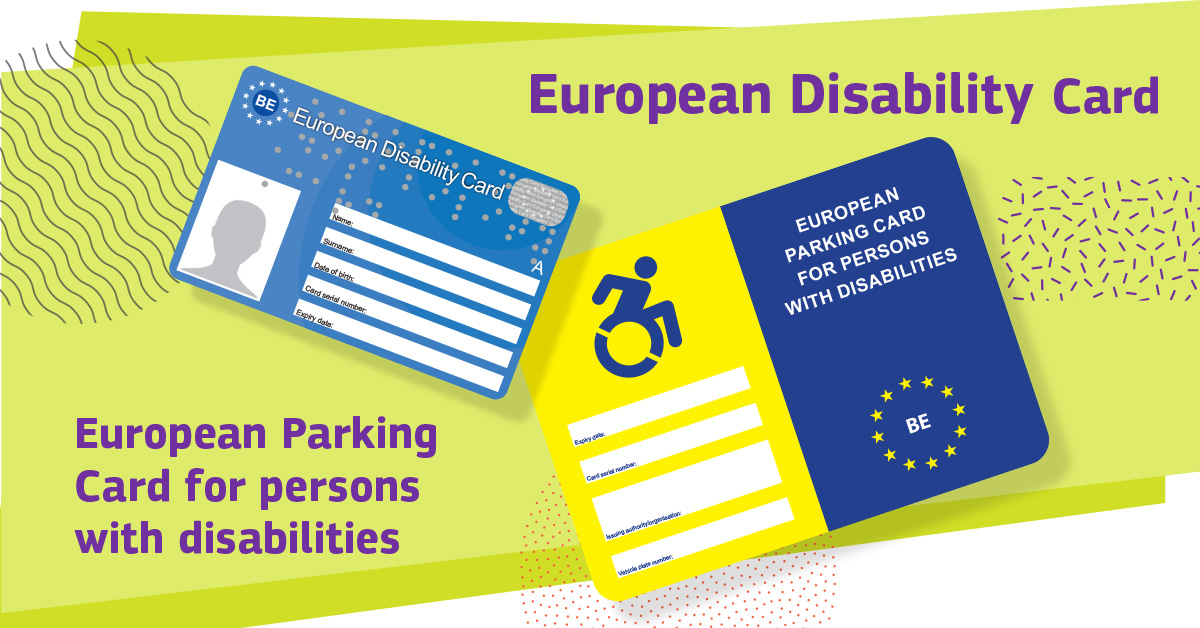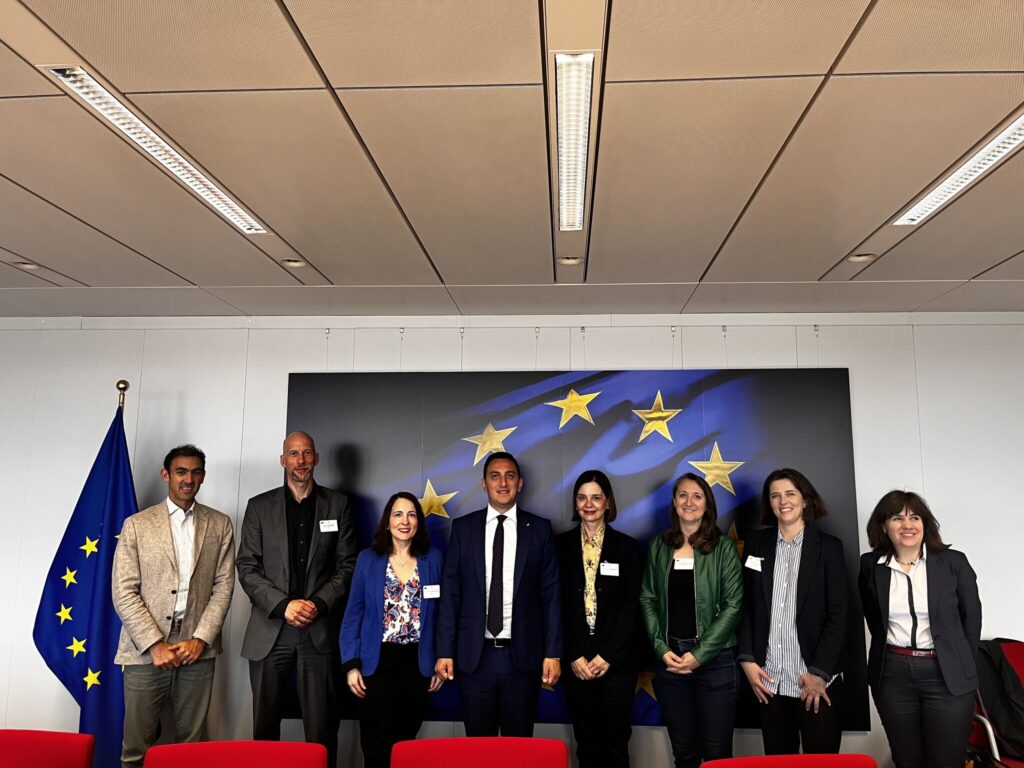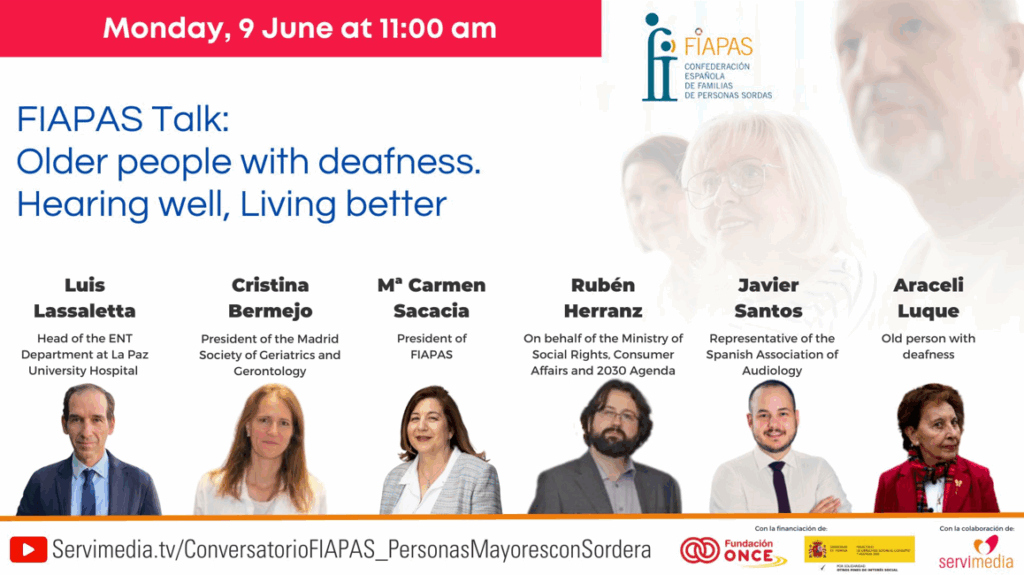On the 6th of September 2023, following years of advocacy, a pilot project with eight EU countries, and extensive consultations with stakeholders, the European Commission put forward the long-awaited proposal for a European Disability Card and a European Parking Card that will facilitate persons with disabilities to access the right to free movement. The European Disability Card and a European Parking Card will be valid in all EU Countries and ensure that persons with disabilities can, on an equal basis, access special conditions, preferential treatment, and parking rights when visiting another Member State. The Disability Card was one of the Flagship Action of the European Strategy for the Rights of Persons with Disabilities 2021-2030.
The Disability Card should be available in digital or physical format, and allow persons with disabilities and their accompanying persons to be able to access preferential treatments in other EU member states when traveling (e.g. reserved seats in cultural events, transport facilities, special access…). The card however will be limited in scope and will not grant social rights, social security, disability benefits or insurance, or create obligations on when and where special treatments are offered as all the above is national competence. While the Parking Card will be a distinct card from the Disability Card, the former one will have a uniform format across all countries.
All these measures contained in the proposal need now to be examined by the European Parliament and the European Council and the three institutions need to come up with a final agreement. Keeping in mind the upcoming European Elections, if the agreement is not found soon, the proposal could be adopted around the end of 2024 or the beginning of 2025.
More information here.





